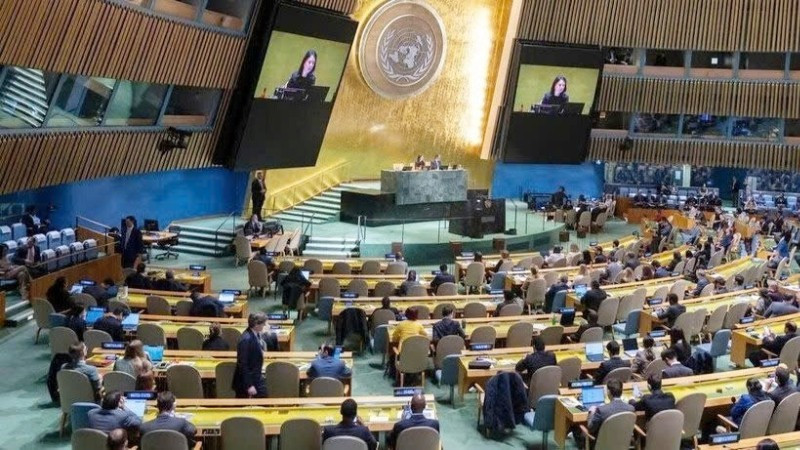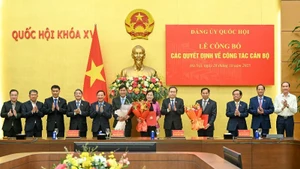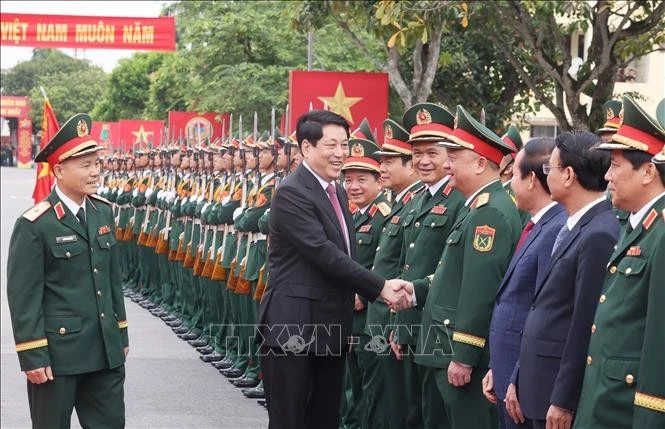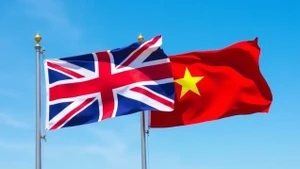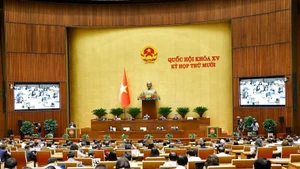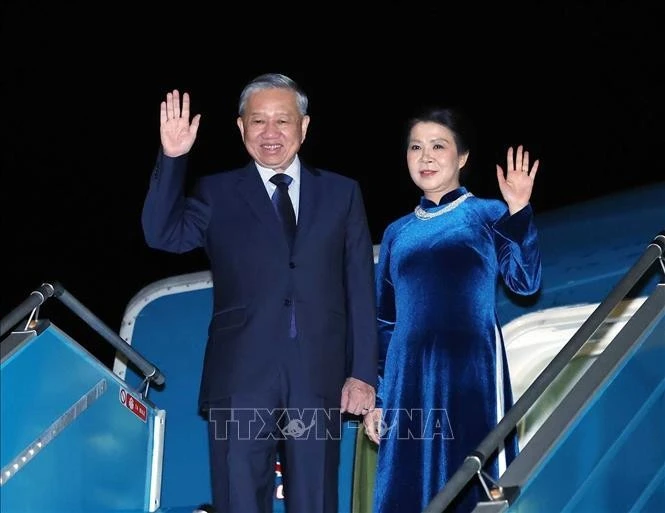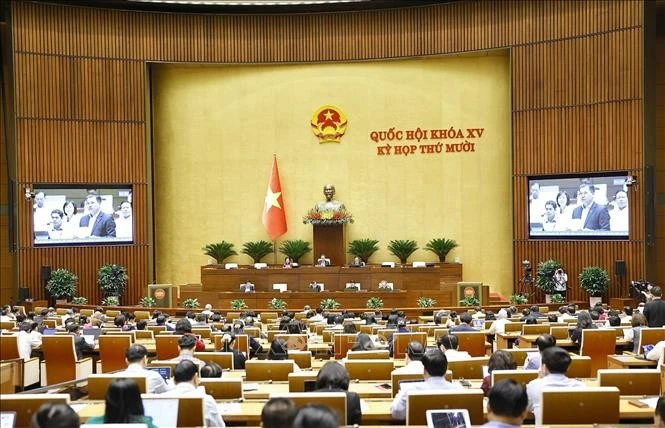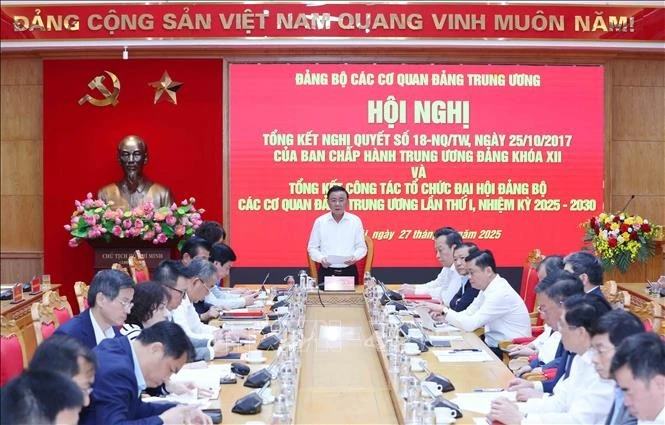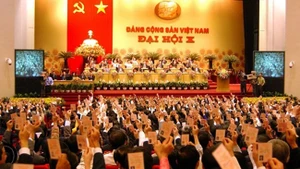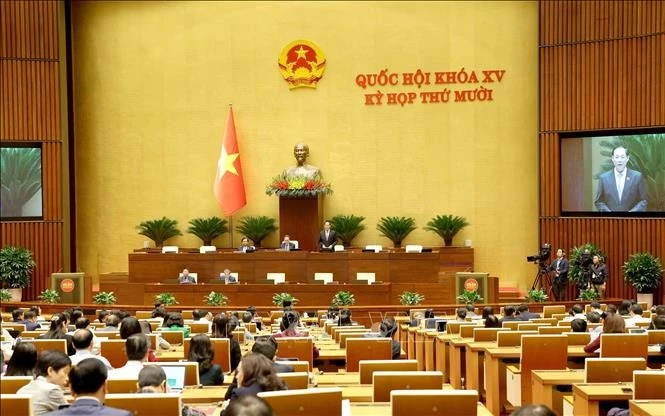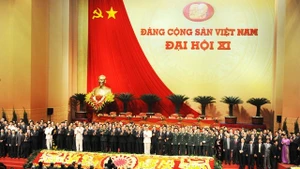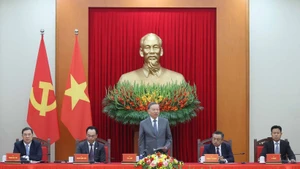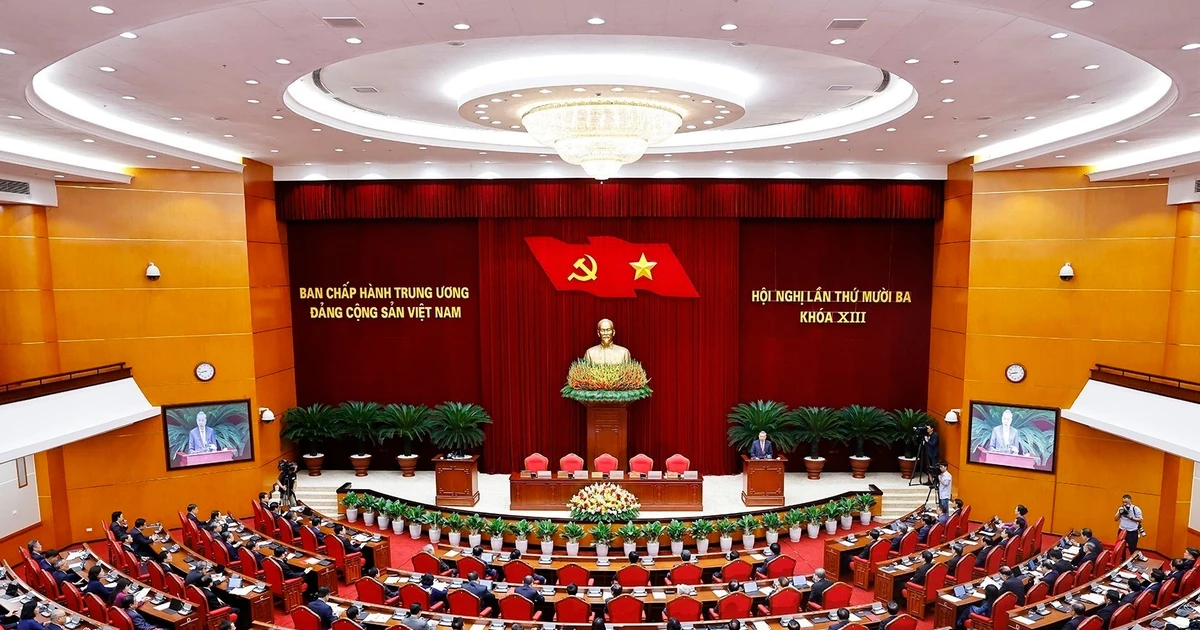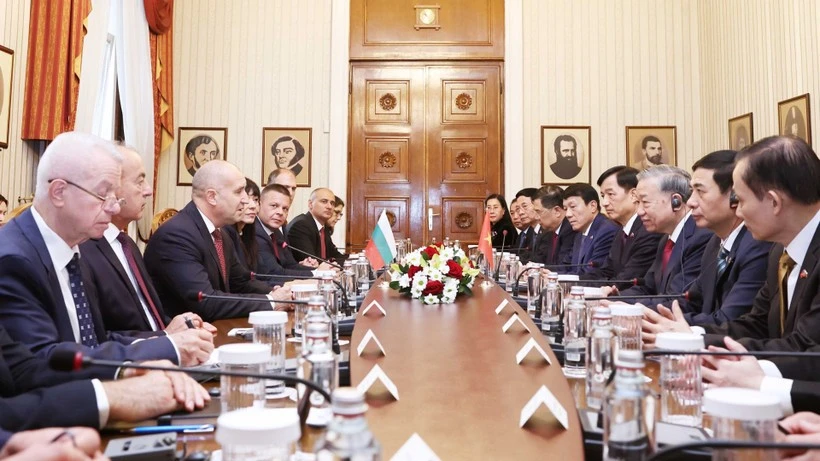However, despite these clear facts, hostile forces continue to distort reality by claiming that Viet Nam is “at a deadlock” or “failing” in its development path, seeking to undermine the Party and the State. As the 14th National Party Congress approaches, such acts of sabotage are intensifying, requiring firm identification and resolute refutation.
To distort the claim that “Viet Nam has failed in its development path,” hostile forces have deliberately applied the standards of developed capitalist countries to Viet Nam’s circumstances, distorted the socialist-oriented market economy that the country is pursuing, and ignored differences in history, starting conditions, population scale, and development characteristics.
They exaggerate certain limitations, such as unemployment, bad debt, the low efficiency of State-owned enterprises, or challenges in responding to natural disasters and climate change, to falsely claim that Viet Nam’s economy is “losing direction” and should instead adopt the capitalist model.
However, it is necessary to take an objective view: while the capitalist market economy regards pure profit as its ultimate goal, the socialist-oriented market economy in Viet Nam identifies human development — for the people, towards progress and social justice — as its supreme objective. Moreover, every country, whether developed or developing, must face numerous challenges.
Currently, the difficulties and shortcomings in Viet Nam’s economic development are being firmly addressed by the Party and the State through institutional reform, corporate governance innovation, financial transparency, digital transformation, and enhanced competitiveness.
Yet, with their malicious intent, these hostile elements focus only on temporary difficulties while ignoring Viet Nam’s long-term stability, sustainable development trends, and positive transformations over the years. Their objective is to deny the leadership role of the Communist Party of Viet Nam, undermine the people’s trust in the Party’s and the State’s development policies, and incite “self-evolution” and “self-transformation” within, in an attempt to divert the country from its socialist path.
Reality proves that, over the past 95 years, under the sound leadership of the Communist Party of Viet Nam, our nation has achieved tremendous victories. Before the Doi Moi (Renewal) period, the economy operated under a centrally planned, bureaucratic, subsidised system — a model once suitable during wartime. When the country entered a period of peace, that mechanism gradually revealed many limitations, weakening creative motivation and hindering economic efficiency.
In that context, the 6th National Party Congress (1986) launched the comprehensive Doi Moi (Renewal) policy — a historic turning point in development thinking — shifting from a subsidised economy to a multi-sector commodity economy operating under the socialist-oriented market mechanism. This ushered in a profound and comprehensive transformation across all fields.
From a country that once had to import food, Viet Nam has become one of the world’s leading agricultural exporters. The social security system continues to improve; average life expectancy has risen from 65.5 years in 1993 to 74.5 years in 2023 — higher than many countries with similar per-capita income levels. As of June 2025, more than 95% of the population is covered by health insurance. In 2024, despite global economic slowdown, Viet Nam’s GDP reached 476.3 billion USD, with per-capita income approaching the upper-middle level, ranking 34th worldwide and 5th in ASEAN.
In today’s world of profound upheavals — prolonged geopolitical conflicts in some regions, strategic competition among major powers, energy and food crises, climate change, and global economic recession — Viet Nam is recognised internationally as one of the countries with the highest levels of political and social stability.
According to the 2025 Global Peace Index Report by the Institute for Economics and Peace (IEP), Viet Nam rose one place to 38th with an overall score of 1.721, ranking among the nations with high peace levels and 6th among the ten most peaceful countries in Asia.
Viet Nam has joined almost all major international and regional organisations and is an active, reliable partner in ASEAN, the United Nations, APEC, and ASEM. The country has served as a member of the UN Human Rights Council for the 2014–2016, 2023–2025, and 2026–2028 terms; a non-permanent member of the UN Security Council; and has chaired numerous international initiatives on peace, development, and human rights.
Over the past three years, Viet Nam has consistently ranked among the world’s top 20 countries in international trade volume, with export growth averaging 12.5% per year. Most importantly, the people’s trust in the Party’s leadership and the State’s governance continues to grow. These achievements reflect the nation’s internal strength, resilience, and intellect, as well as the correctness of the Party’s guidelines and leadership amid global turbulence.
We must also frankly recognise that certain limitations and strategic weaknesses remain and need to be addressed promptly to ensure sustainable development. Some economic sectors are still dependent on foreign capital and technology, while labour productivity remains low compared with regional levels. There is a risk of lagging behind in science and technology, especially in the face of the Fourth Industrial Revolution. Climate change, rising sea levels, and increasingly severe natural disasters pose growing challenges, while the rapid ageing of the population is placing heavy pressure on the social security system.
Every nation, in its development process, must face inherent challenges, and it is the ability to identify and overcome such difficulties that demonstrates the calibre of a genuine ruling party. Recognising and analysing these issues is essential for formulating effective policies, further promote innovation, harness the strength of great national unity, seize opportunities, overcome obstacles, and lead the country toward rapid and sustainable development.
Looking back on the nation’s history, it can be affirmed that the Party’s choice of the socialist path is the result of a long process of exploration, refinement, practical experience, and historical verification. This is a path consistent with the laws of human progress and with the Vietnamese aspiration for national independence linked with the people’s happiness. It is the sound leadership of the Communist Party of Viet Nam, together with the great national solidarity and the spirit of self-reliance and resilience, that has guided — and will continue to guide — our nation forward steadfastly, realising the goal of a prosperous people, a strong country, democracy, justice, and civilisation, standing shoulder to shoulder with the world’s powers.
